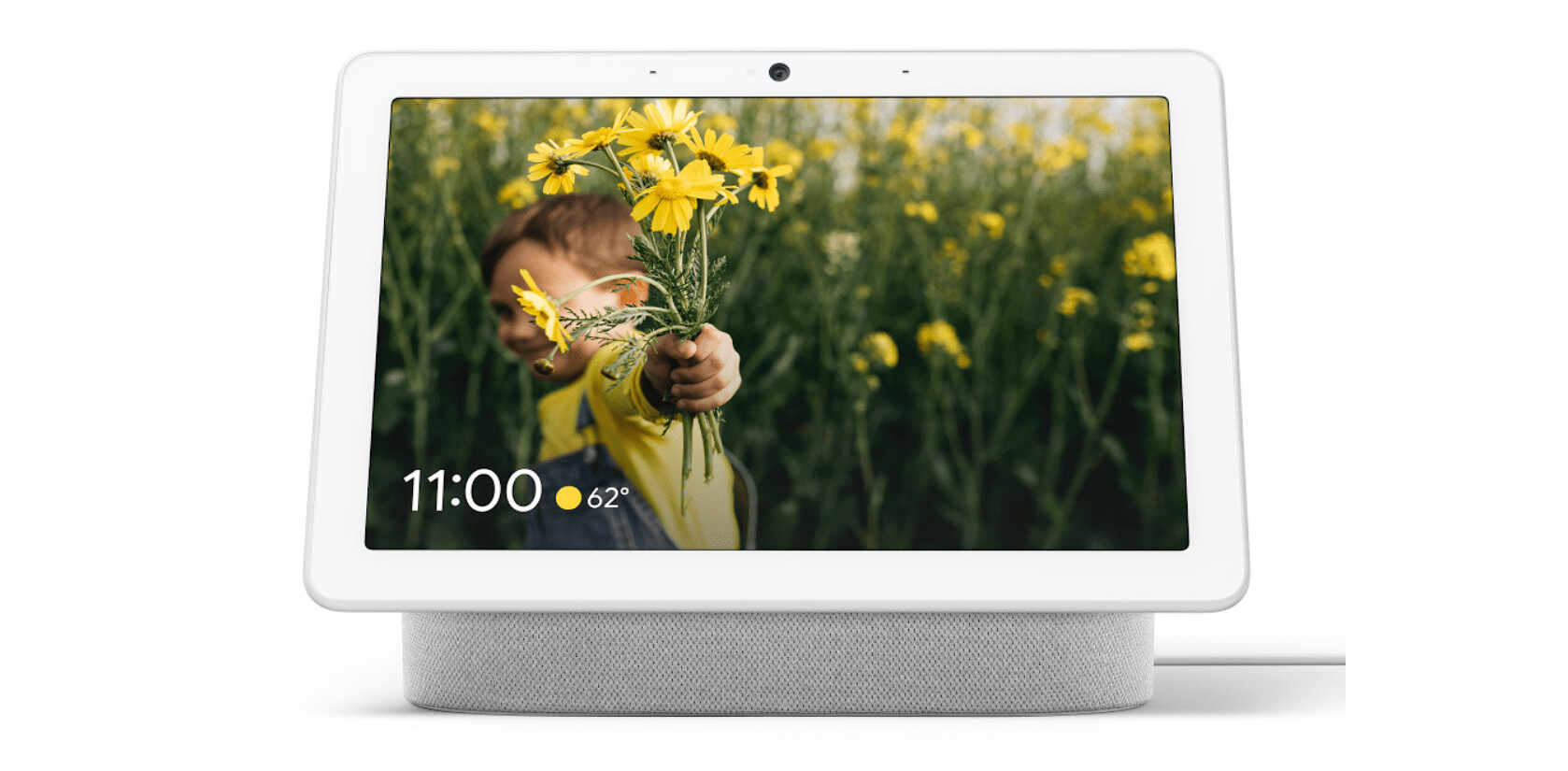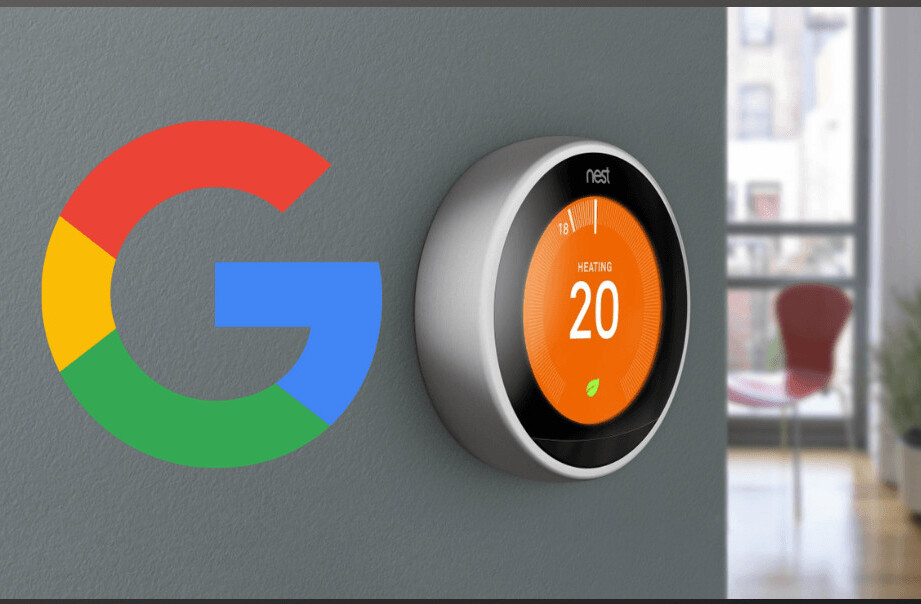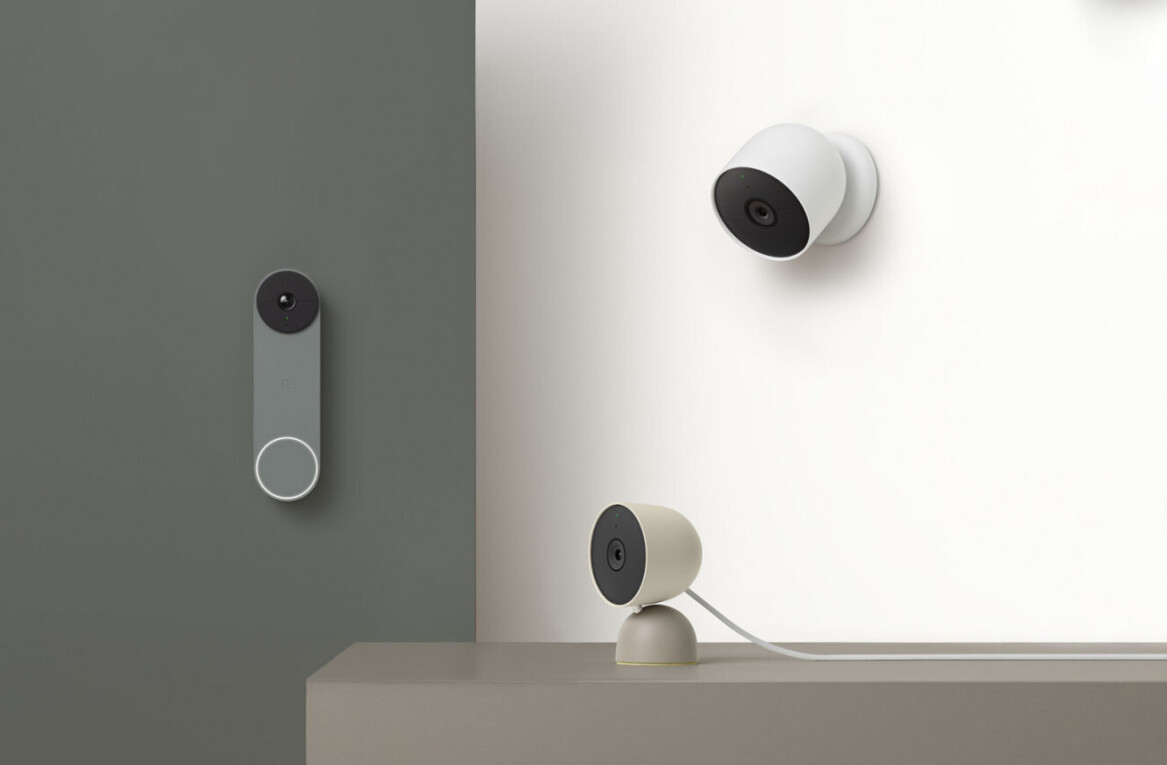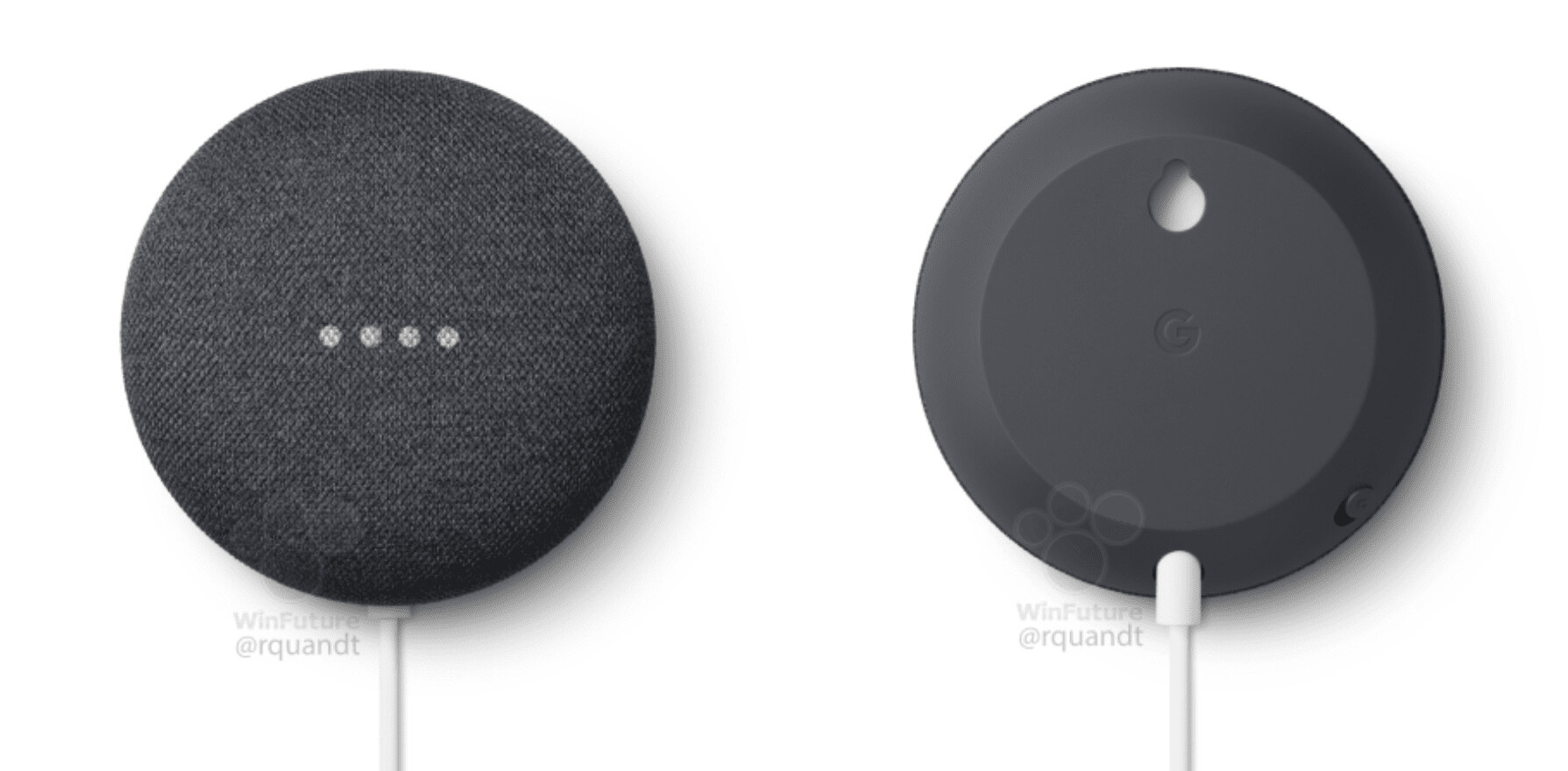
Rdio has announced new personalization features, powered by music data company The Echo Nest, that allow users to listen to stations crafted around their own and their friends’ music tastes.
Rdio and The Echo Nest have worked together on personalization features for artist and song radio stations in the past, but the new You FM station comes as a direct challenge to rival Pandora’s recommendation engine.
Alongside personal recommendations, new Friend FM stations let users listen to music customized to their friends’ tastes.
The Echo Nest is also now powering genre and sub-genre stations for Rdio, as well as the auto-play function that picks similar music to play after a song has finished.

When I asked The Echo Nest CEO Jim Lucchese in an interview how the new personalization features will stack up against Pandora, he avoided a direct comparison, but he did have this to say:
“From a personalization standpoint, we’ve demonstrated that technology-wise, [You FM] is a best in class personalization engine.”
The Echo Nest has analyzed over 35 million songs and millions of text documents, including social media posts, blogs and reviews. Its approach combines machine listening with a cultural analysis of the music.
While The Echo Nest’s newly deepened partnership with Rdio is one of the most high profile wins for its data service, the company also works with other players in the space, such as eMusic and iHeartRadio. Earlier this year, The Echo Nest partnered with Spotify and Microsoft to release a visualization tool for playlists.
One possible downside to the move to personalize music listening is that it could narrow music discovery, but Lucchese said the company has already taken the issue into account. For instance, listeners with diverse musical tastes will have a high “adventurousness” score in their taste profile, and they can always tune their personalization features if they’re not happy with the results.
Headline image via khrawlings / Flickr
Get the TNW newsletter
Get the most important tech news in your inbox each week.





